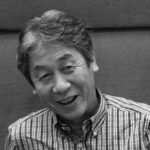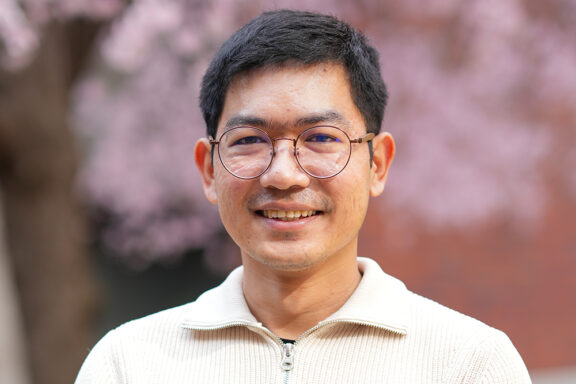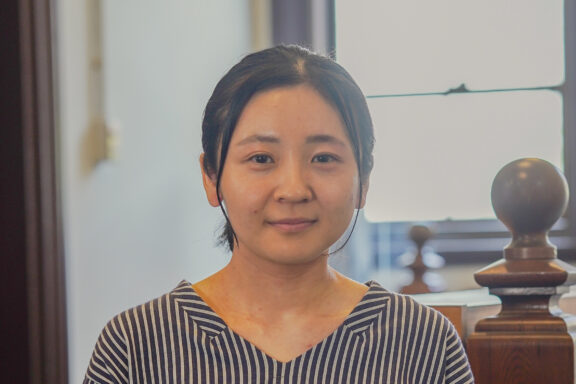Associate Professor, Division of Social Coexistence Studies
PhD in Religion
I always wanted to become an orientalist, and to engage with a wide range of materials in different languages. For me, orientalism is the most inclusive form of scholarship through which one should connect the whole world literature together just for the sake of defining the concept of “Orient.” Orientalism, in my opinion, stands against academic conservatism and prejudice, allowing scholars to move beyond a particular set of designated framework created by authorities, rulers, seniors and superiors. My dream of becoming an orientalist lies in my research interests pertaining to the Malay-Indonesian world, codicology and epigraphy, Islamic studies, religion and science, and method and theory in the study of religion.
I feel fortunate to work as Associate Professor of Area Studies at Centre for Southeast Asian Studies (CSEAS), Kyoto University. CSEAS has granted me both the opportunity and space to explore first-hand materials pertaining to the “Orient.”
Prior to my move to Kyoto in July 2023, I was a fellow at the University of Cambridge in association with St John’s College. As part of my research, I explored the first collection of oriental manuscripts arrived at Cambridge in 1632. Originally beloning to Thomas van Erpe (also: Erpenius) —a renowned Dutch Arabist and orientalist who died in 1624—, the collection contains some rare (if not unique) items from Southeast Asia. To spread my words about Erpenius’ collection I published a monograph entitled Reconstructing Erpenius’ Library: The Frist Collection of Oriental Manuscripts at Cambridge University Library with Brill (2024) and curated an exhibition (Endless Stories) at Cambridge University Library from September 2024–February 2025.
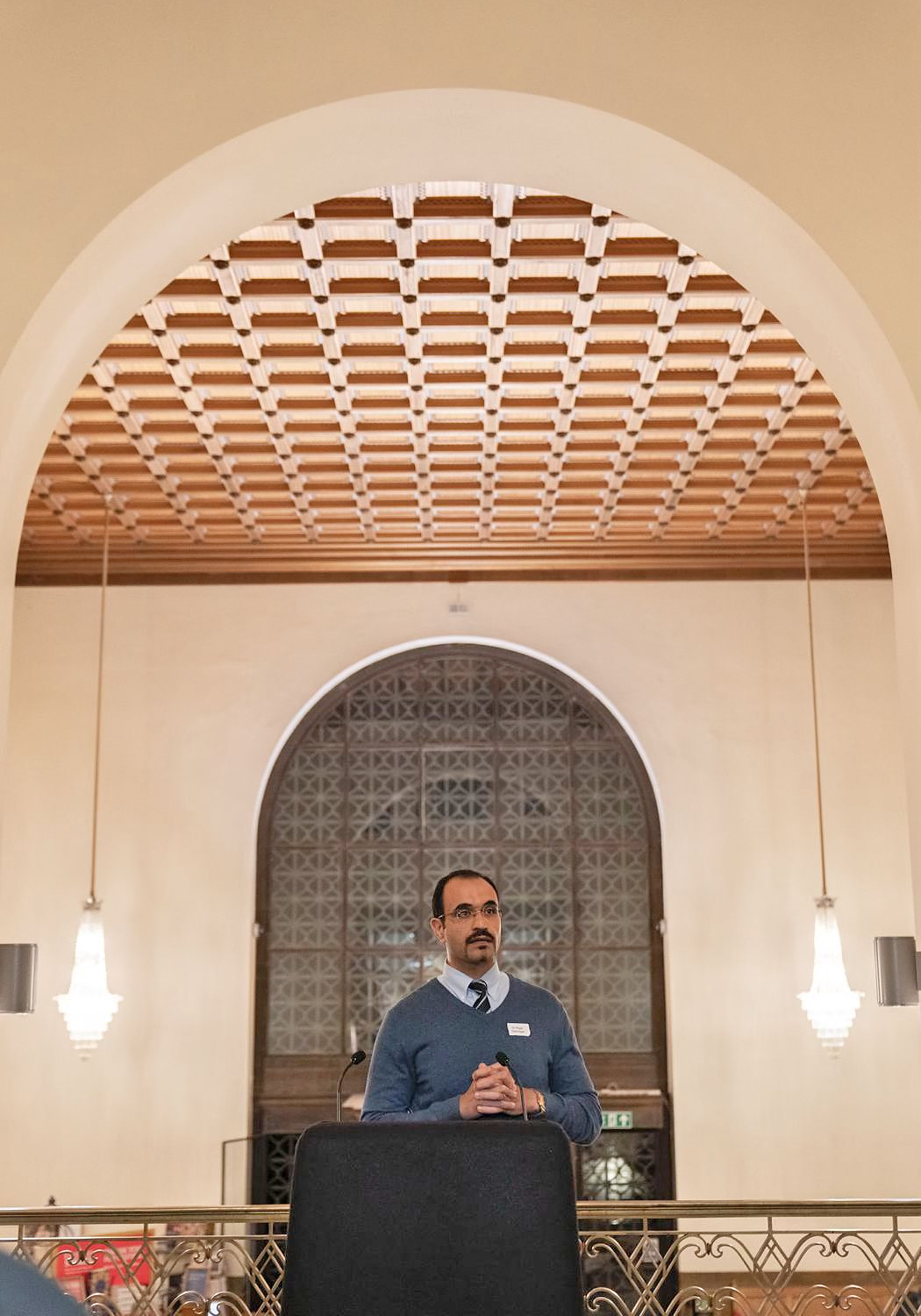
Credit: Raffaella Losito, Cambridge University Library
I have an endless passion for studying private libraries beloning to book collectors and orientalists. To develop my research, I decided to visit CSEAS’ exceptional library replete with important and rare materials. While checking different items, I was informed by one of our librarians that Professor Yoneo Ishii Library Collection is presereved in CSEAS. I was already familiar with Ishii’s substantial studies on the history of Southeast Asia, particularly Thailand, but I had no idea that he was an interesting book collector leaving his “treasure of oriental tongues”[1] here in the heart of Kyoto. Once I visited Ishii’s library I realized that he was in the possession of several works from North Africa, West Asia, Europe and South-East Asia. Thus, I decided to produce a set of short articles about his collection within three years from 2024–2027. Well, as our readers can guess, I am not only surrounded by nice people and colleagues here, but I am also blessed for having access to some exceptional materials. In addition, I have been developing my collaborations with colleagues at CSEAS and beyond.
All in all, I found both CSEAS and Kyoto University to be great academic hubs that have the potential to welcome more professional scholarly discussions.
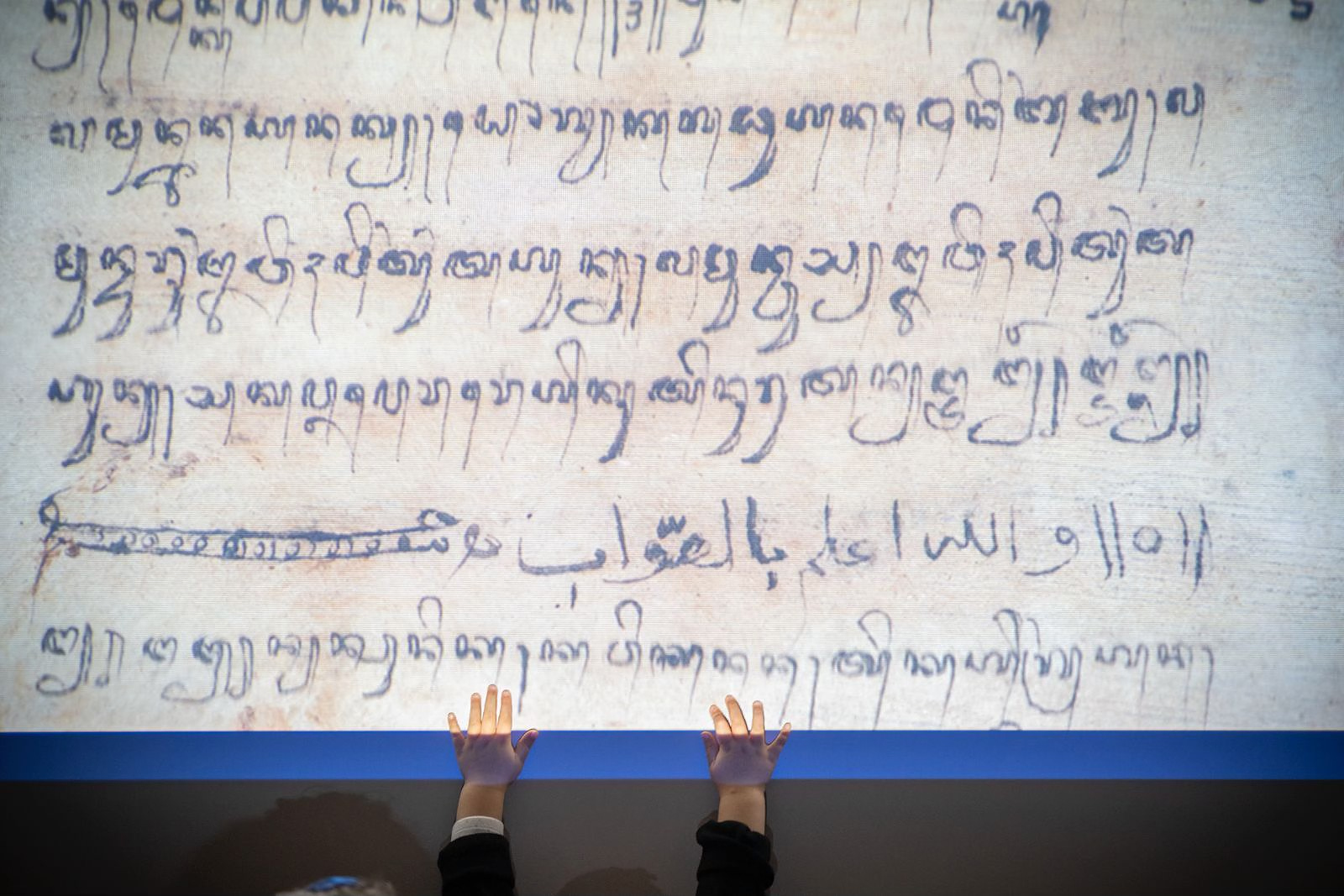
Credit: Raffaella Losito, Cambridge University Library
Note
[1] “Treasure of the Orientall Tongue” was used by a British officer to describe the importance of Erpenius’ Library in 1625. The letter (S.P.84/122) is kept at The National Archives, United Kingdom. It was reproduced in my book: Majid Daneshgar, Reconstructing Erpenius’ Library: The First Collection of Oriental Manuscripts at Cambridge University Library (Leiden: Brill, 2024), p. 33.
This article is also available in Japanese. >>
新任スタッフ紹介:マジッド・ダネシュガル

